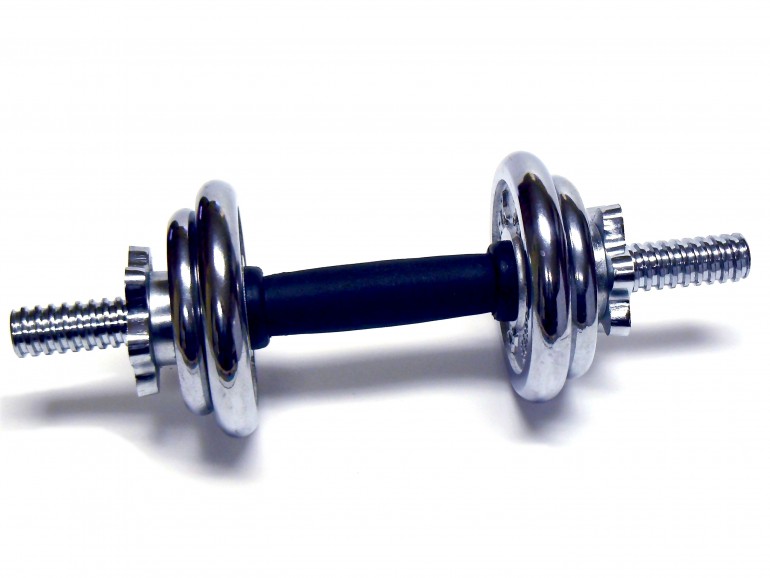
It may seem bleak as we transition to cooler weather, bare trees, and shorter days; but there is one thing many power lifters, bodybuilders and general fitness enthusiasts can look forward to….bulking season!
Bulking season is that joyous time of the year when lifters can throw on that baggie hoodie, forget about that chiseled six-pack and focus on lifting heavy, packing on slabs of muscle mass and just buckling down into a solid, heavy hitting new routine.
Here are a few things to keep in mind when it comes time to get your new hypertrophy/bulking routine underway:
Calories Increased caloric intake is a must. There is no way to gain weight without supplying your body with the necessary fuel and building blocks. In theory, you will need to ingest an additional 500 calories per day on top of your regular diet to gain one pound of body weight (not necessarily lean muscle mass only) in a week. This can be fulfilled easily if you scarf down a Big Mac or a throw a personal pizza in the oven, but make the effort to make healthy food choices; focus on getting your increased calories primarily from carbohydrate (60-70% of your calories) and protein (10-15% of you calories) sources and fill in the rest with healthy fats or additional carbs. Also, remember that everyone is genetically different and has different caloric requirements; see a nutritionist for specifics relating to your goals, lifestyle, body type and metabolism/physiology.
Carbohydrates vs Proteins There is a huge misconception that you must devour massive amounts of protein to bulk up. Given that your daily caloric intake must increase, it is true that you must increase your protein intake when training (recall 10-15% of your daily calories should come from protein), but many people exceed this value excessively.
There are potential risks associated with over-ingesting protein. However, many studies conclude that you are only susceptible if you suffer from a pre-existing kidney condition.
Carbohydrates are going to help you gain muscle mass. In order to safely stress your muscles beyond that which they are accustomed to – a requirement for muscular development – you need fuel. Carbs are that fuel.
Periodization You must make short and long term goals with accompanying plans of action. Many of you have heard of the plateau effect: this is where you see a tapering off, or even a complete stop, in gains. This is generally due to sticking to the same routine or style of training where your body adapts and no longer is in a state of being progressively overloaded. Progressive overload is the essence of resistance training. This is accomplished by periodically varying your program through changes in angles, sets, reps, exercises, splits, etc.
Be sure to check out “5 Tips to Get You Big” (found midway down the page). This article further discusses principles of hypertrophy training.
Train hard and happy bulking!
- Cambell, B., Kreider, R.B., Ziegenfuss, T., La Bounty, P., Roberts, M., Burke, D., Landis, J., Lopez, H., & Antonio, J. (2007). International Society of Sports Nutrition position stand: protein and exercise. Journal of the International Society for Sports Nutrition, 4, 1-7.
- Clark, Nancy. Sports Nutrition Guidebook (2nd Ed.). Brookline, MA: Human Kinetics, 1997.
- CPTN Manual: The Art and Science of Personal Training: The Essentials 2nd Edition. Toronto, ON: CPTN, 2005.




